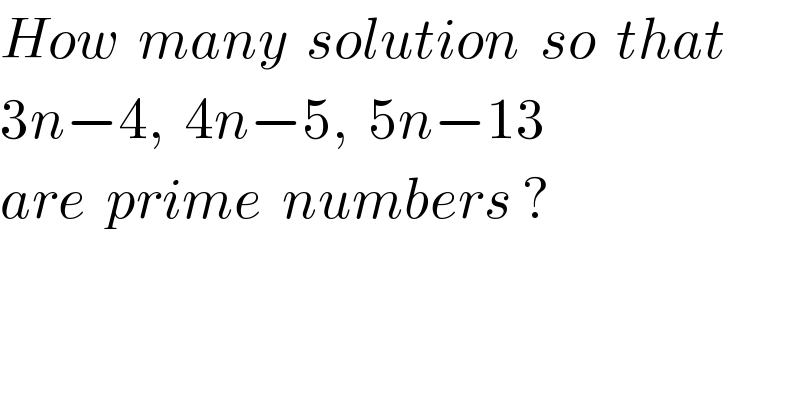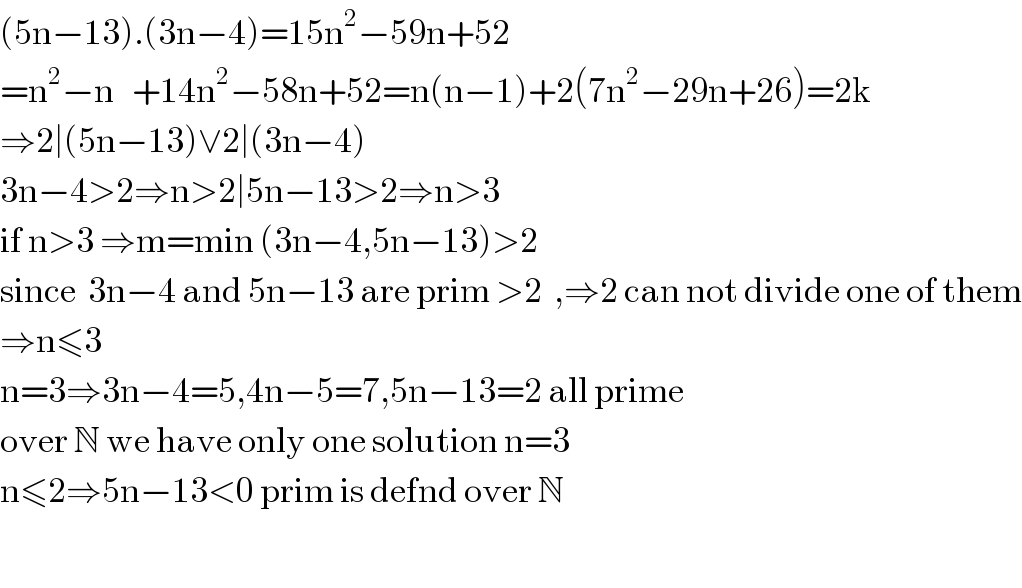
Question and Answers Forum
Question Number 73295 by naka3546 last updated on 10/Nov/19

Answered by mind is power last updated on 10/Nov/19

| ||
Question and Answers Forum | ||
Question Number 73295 by naka3546 last updated on 10/Nov/19 | ||
 | ||
Answered by mind is power last updated on 10/Nov/19 | ||
 | ||
| ||